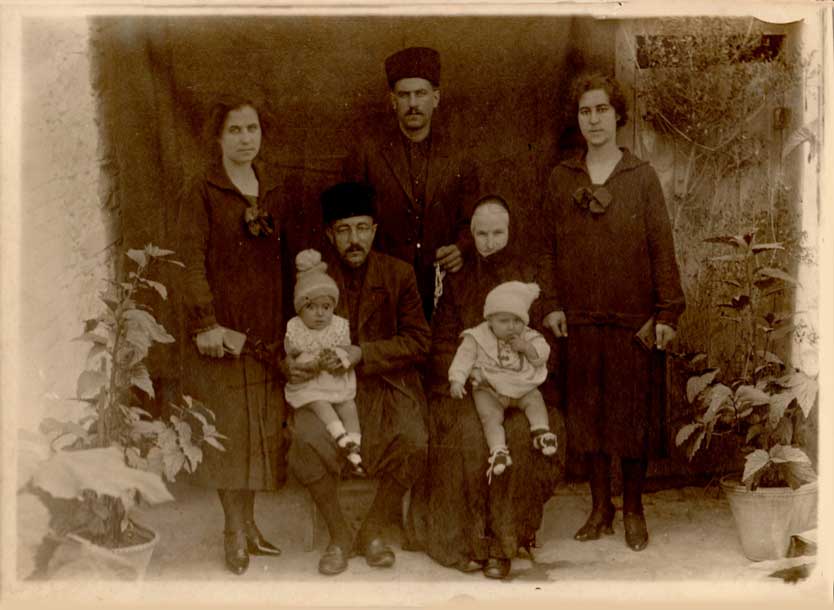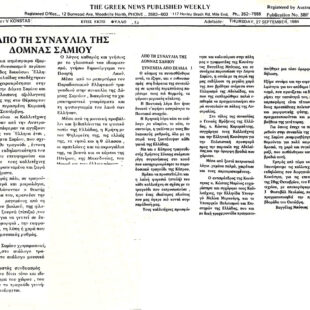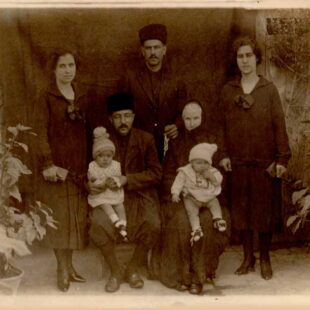00:00
Home / Her Work / Song Catalogue / To Whom Then Shall I Tell My Woe
To whom then shall I tell my woe, who will not sigh or groan?
Even the tight-lipped stone itself would shed a silent tear.
The sun has set beyond the rim yet the earth still simmers.
Oh, may the heart that does not sigh know only happiness.
The sun has set beyond the rim and night is closing in,
while torments and an aching heart begin to weigh me down.
You have two lovely eyes, my dear, that gaze upon the ground;
whoever turns and looks on them is carried off to Hell.
Your eyes draw clouds across the sky, your eyebrows raise a storm;
an angel’s body such as yours I have not seen elsewhere.
Translated by John Leatham
Τίνος να πω τον πόνο μου, να μην αναστενάξει,
η πέτρα η αμίλητη κι εκείνη θε να κλάψει.
Ο ήλιος εβασίλεψε κι η γης ακόμα βράζει,
χαρά σ’ εκείνη την καρδιά που δεν ανεστενάζει.
Ο ήλιος εβασίλεψε κι άρχισε να νυχτώνει
κι αρχίσανε να με βαρούν τα βάσανα κι οι πόνοι.
Έχεις δυο μάτια έμορφα που χαμηλά κοιτάνε
κι όποιος γυρίσει και τα δει στον Άδη τον(ε) πάνε.
Τα μάτια σ’ φέρνουν συννεφιά, τα φρύδια σ’ φέρνουν μπόρα,
τ’ αγγελικό σου το κορμί δεν το ’δα σ’ άλλη χώρα.
Studio recording (1995). Based on Domna Samiou’s 1968 field recording of the song in Mandamados, Lesvos, sung by Stratis Chiropaidis, in the office of the community of Mandamados. Stratis Chiropaidis was a fine singer and the very soul of the village feasts. He wore the traditional folk costume to the end of his life. Only when he was very old, and had moved to Athens to be cared for by his children, did he finally set aside his breeches and fez.
Stratis Chiropaídis. Mandamados, Lesvos, 1968
© Domna Samiou Archive

© Domna Samiou Archive

Singers

Constantinopolitan lyra

Kanun

Tambouras

Bendir (frame drum)

Informant (source of the song)